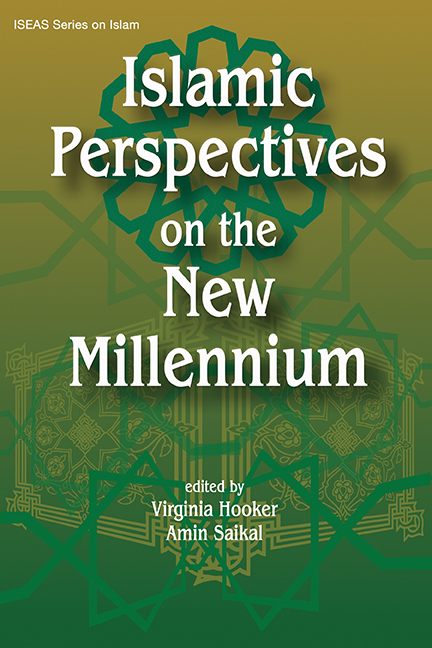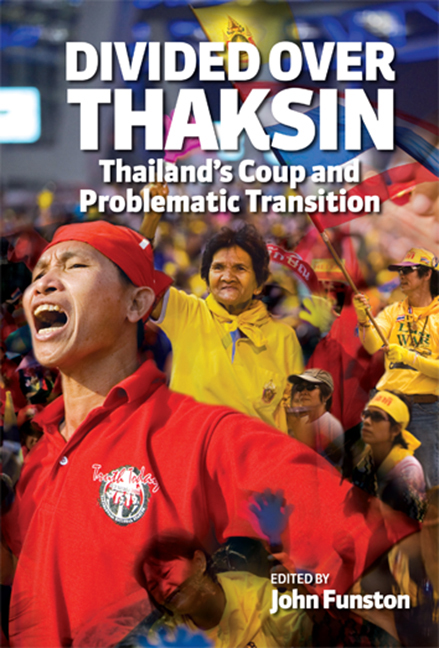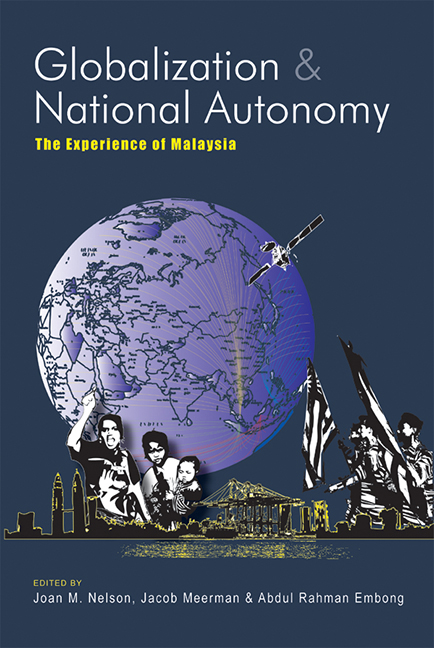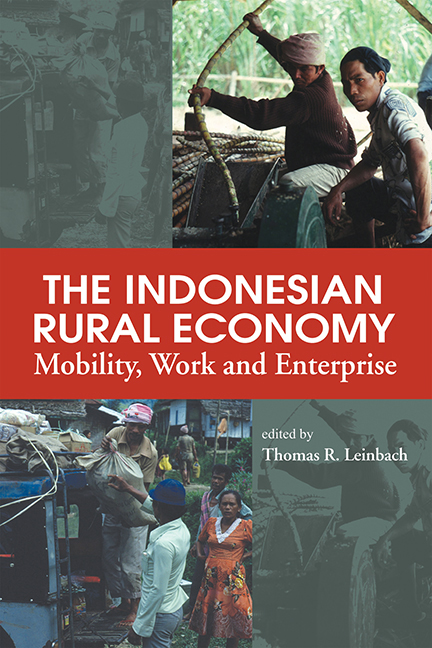308 results in Books and Monographs

Islamic Perspectives on the New Millennium
-
- Published by:
- ISEAS–Yusof Ishak Institute
- Published online:
- 21 October 2015
- Print publication:
- 20 October 2004

Looking East to Look West
- Lee Kuan Yew's Mission India
-
- Published by:
- ISEAS–Yusof Ishak Institute
- Published online:
- 21 October 2015
- Print publication:
- 27 October 2009

Southeast Asia and New Zealand
- A History of Regional and Bilateral Relations
-
- Published by:
- ISEAS–Yusof Ishak Institute
- Published online:
- 21 October 2015
- Print publication:
- 13 June 2005

Regional Outlook
- Southeast Asia 1997-98
-
- Published by:
- ISEAS–Yusof Ishak Institute
- Published online:
- 21 October 2015
- Print publication:
- 01 February 1997

Divided Over Thaksin
- Thailand's Coup and Problematic Transition
-
- Published by:
- ISEAS–Yusof Ishak Institute
- Published online:
- 21 October 2015
- Print publication:
- 17 August 2009

Ageing in ASEAN
- Its Socio-Economic Consequences
-
- Published by:
- ISEAS–Yusof Ishak Institute
- Published online:
- 21 October 2015
- Print publication:
- 01 January 1989

Globalization and National Autonomy
- The Experience of Malaysia
-
- Published by:
- ISEAS–Yusof Ishak Institute
- Published online:
- 21 October 2015
- Print publication:
- 06 August 2008

The Indonesian Rural Economy
- Mobility, Work and Enterprise
-
- Published by:
- ISEAS–Yusof Ishak Institute
- Published online:
- 21 October 2015
- Print publication:
- 30 October 2003


